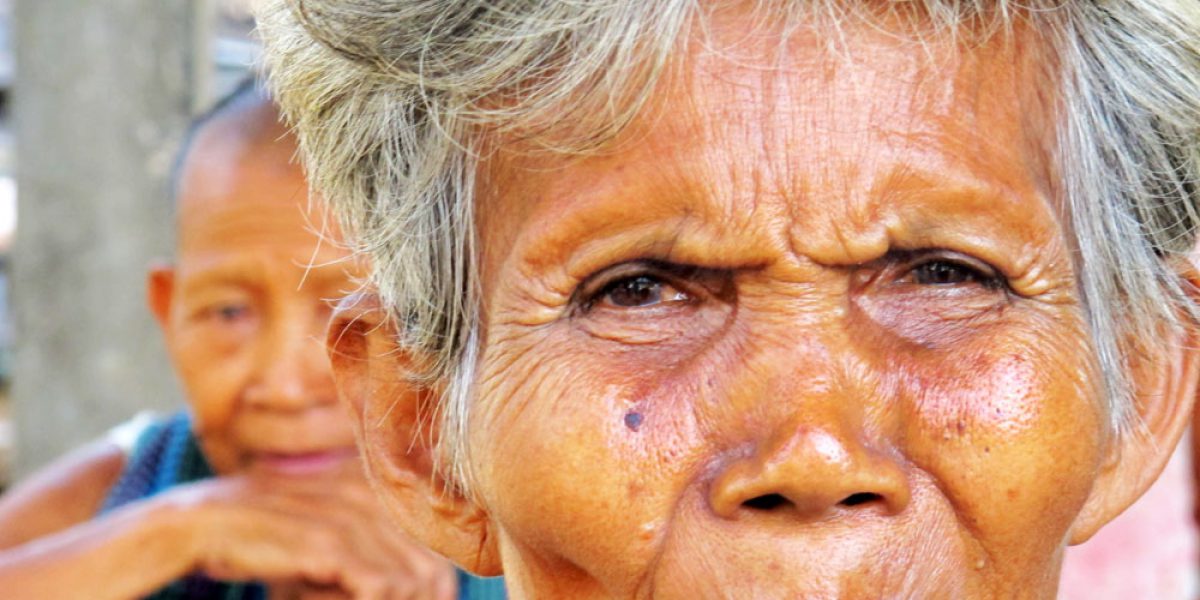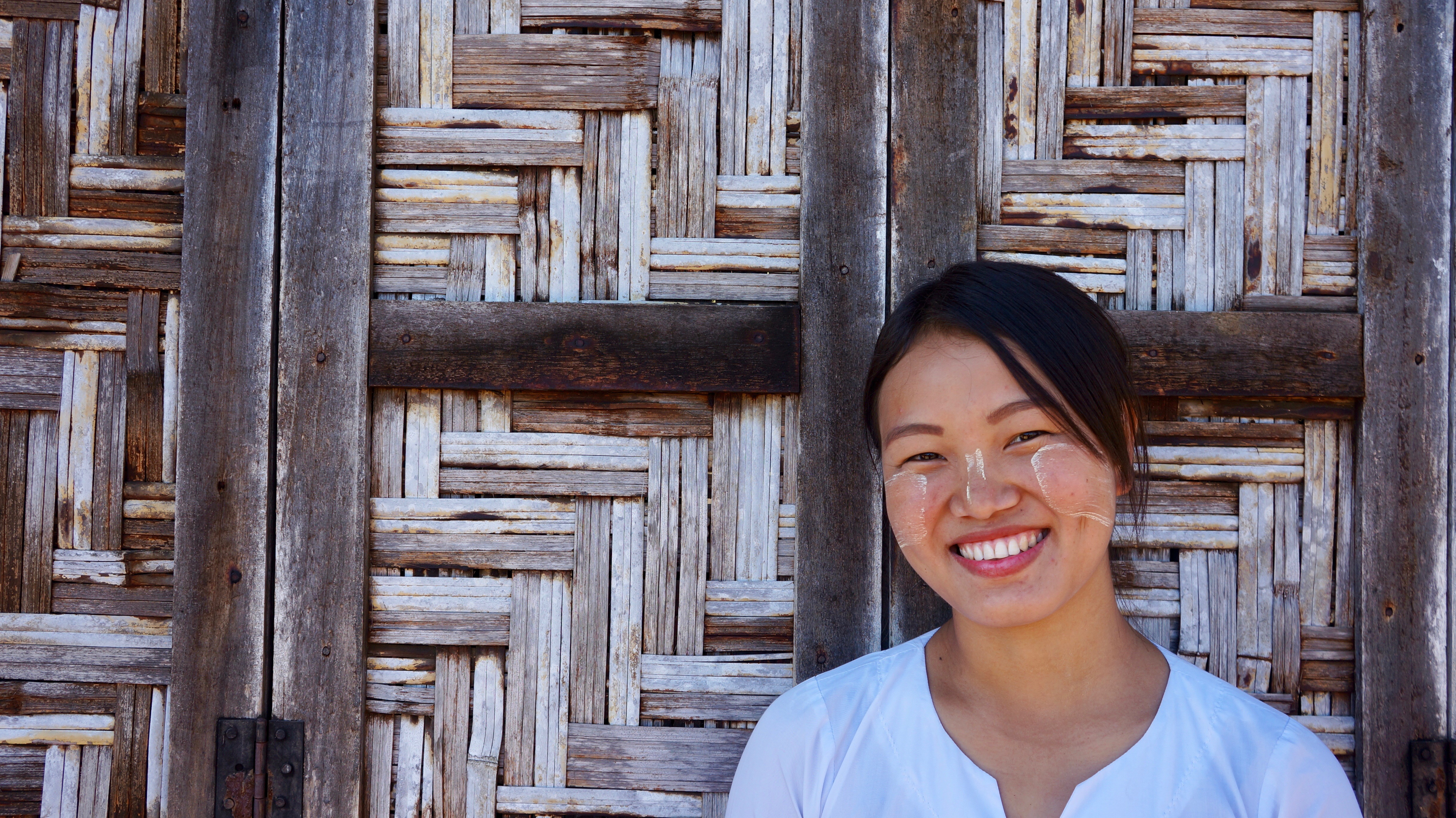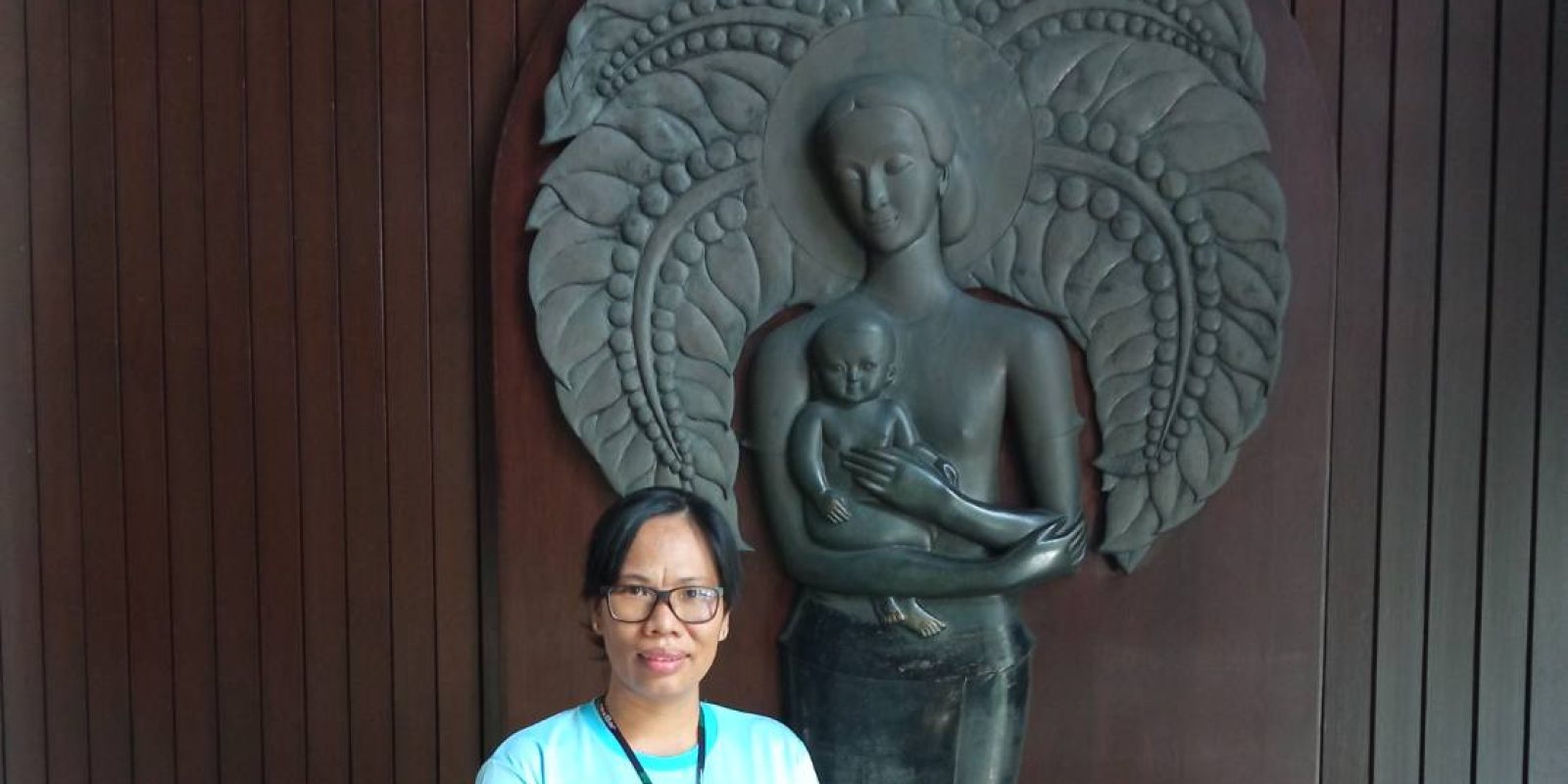Asia Pacific: five wishes on International Women’s Day
07 March 2012

Bangkok, 7 March 2012 – Women live in vulnerable situations throughout the region from border camps to urban apartment blocks. Over the past year JRS has been collecting testimonies of women in the Asia Pacific. On this International Women’s Day, take a minute to read what they want for their futures and their families.
A secure future for my children. “I came to Thailand assuming that I would make enough money with my husband to return to Burma and put our children in a good school. Now we are here and can’t even make enough to live a proper life. We have no savings and my children will soon have to drop out of school to help with work,” said one mother of two who migrated to Ranong’s fishing district five years ago.
Freedom from sexual violence. Amina is just one of hundreds of women who fled sexual violence in their home countries. She now lives in Bangkok caring for her son. She is waiting to be resettled and start a new life with her son someplace where she is safe. “I was really respected as a police office in Djibouti. But once I realised that the abuse and torture from my husband would never stop and no one in the community would save me from him, I had to leave. Without refugee status I am afraid they will send me back to him and I will die.”
Enough food to feed my family three meals every day. Indonesia, Thailand and Malaysia aren’t signatories to the refugee convention, meaning people who seek asylum there aren’t legally allowed to work. Adelah and her husband have learned to bake Afghani flat bread to sell to the refugee community where they live in the outskirts of Jakarta. “If we don’t make the bread in the morning, if we feel sick or tired, we won’t have enough money to feed our children. So we have to do this. Every day. No matter what.”
That our yard is free of cluster bombs and landmines so my children and grandchildren can play freely. Yay Mao lost her daughter and niece to a landmine in the 1970s. And just five months ago, her 10-year-old grandson was killed when he found a cluster bomb close to their home. While Cambodia is a signatory to the ban on landmines and cluster munitions, it takes decades to clear the country of mines. Tell your government to ban landmines and cluster munitions today and find out other ways to help people like Yay Mao live safely here.
My house is safe during both the rainy and dry seasons. In the refugee camps on the Thai-Burma border – some holding more than 20,000 refugees – women wrote about their worries about resettlement, being sent back to Burma, education for their children and earning a living. But they all were concerned first and foremost about something more basic: survival. Living in the jungle during the rainy season means mudslides. One mudslide and the trees that fall with it can sweep entire homes down the slopes of the camps. In the dry season, fires like the one in Umpiem Mai refugee camp can burn sections of the camp in a matter of minutes. “We sometimes hear the news that someone has died because of a fallen tree. We are constantly threatened by landslides in the rainy season and by fire in the summer. We don’t have enough clean water in summer and there are no fire engines,” said May Tho, a refugee mother.



